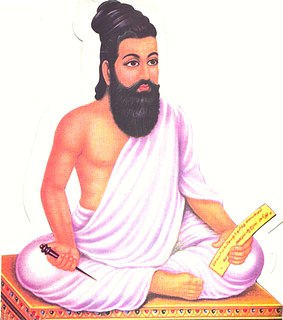A Quote by Gautama Buddha
A kind man who makes good use of wealth is rightly said to possess a great treasure; but the miser who hoards up his riches will have no profit.
Related Quotes
The death of Lincoln was a disaster for Christendom. There was no man in the United States great enough to wear his boots and the bankers went anew to grab the riches. I fear that foreign bankers with their craftiness and tortuous tricks will entirely control the exuberant riches of America and use it to systematically corrupt civilization.
Do you wish to become rich? You may become rich, that is, if you desire it in no half way, but thoroughly. A miser sacrifices all to his single passion; hoards farthings and dies possessed of wealth. Do you wish to master any science or accomplishment? Give yourself to it and it lies beneath your feet. Time and pains will do anything. This world is given as the prize for the men in earnest; and that which is true of this world is truer still of the world to come.
We are unknown to ourselves, we men of knowledge - and with good reason. We have never sought ourselves - how could it happen that we should ever find ourselves? It has rightly been said: "Where your treasure is, there will your heart be also"; our treasure is where the beehives of our knowledge are.
A great estate is a great disadvantage to those who do not know how to use it, for nothing is more common than to see wealthy persons live scandalously and miserably; riches do them no service in order to virtue and happiness; therefore 'tis precept and principle, not an estate, that makes a man good for something.
No man, however benevolent, liberal, and wise, can use a large fortune so that it will do half as much good in the world as it would if it were divided into moderate sums and in the hands of workmen who had earned it by industry and frugality. The piling up of estates often does great and conspicuous good.... But no man does with accumulated wealth so much good as the same amount would do in many hands.
How very seldom do you encounter in the world a man of great abilities, acquirements, experience, who will unmask his mind, unbutton his brains, and pour forth in careless and picturesque phrase all the results of his studies and observation; his knowledge of men, books, and nature. On the contrary, if a man has by any chance an original idea, he hoards it as if it were old gold; and rather avoids the subject with which he is most conversant, from fear that you may appropriate his best thoughts.
































